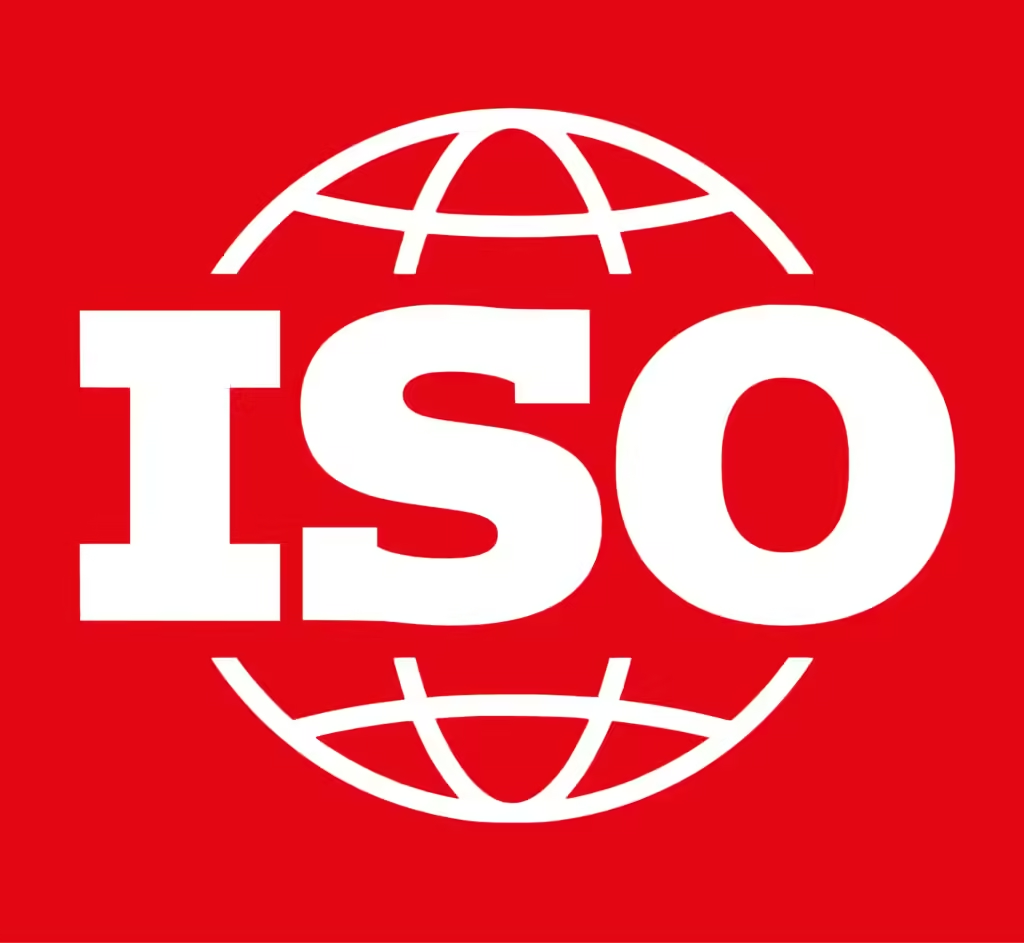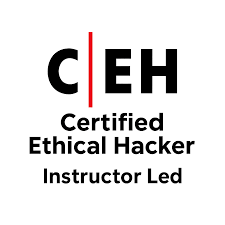Palo Alto Training – Learn Palo Alto Firewalls in 2025

What is ISO 27005 Certification? ISO 27005 certification focuses on information security risk management. It ensures that organizations can identify, evaluate, and mitigate risks effectively. This certification aligns with ISO 27001, providing a framework for implementing robust security measures while emphasizing comprehensive risk management strategies. By following the ISO 27005 standard, businesses can develop […]


ISO 27005 certification focuses on information security risk management. It ensures that organizations can identify, evaluate, and mitigate risks effectively. This certification aligns with ISO 27001, providing a framework for implementing robust security measures while emphasizing comprehensive risk management strategies. By following the ISO 27005 standard, businesses can develop systematic approaches to manage risks and protect their valuable information assets.
Managing risks is fundamental to safeguarding sensitive information in an increasingly digital landscape. ISO 27005 equips organizations with tools and methodologies to anticipate, address, and minimize risks. The standard fosters proactive measures to handle vulnerabilities, ensuring businesses can prevent potential breaches rather than reacting to them. This approach not only secures data but also preserves organizational reputation and stakeholder trust.
ISO 27005 certification offers a multitude of advantages, including:
Certified Ethical Hacker (CEH) certification is a globally recognized credential that equips professionals with the knowledge and skills to identify and mitigate system vulnerabilities. Unlike malicious hackers, ethical hackers use these skills to strengthen an organization’s defenses. CEH training includes mastering penetration testing, system auditing, and the latest hacking techniques.
The demand for skilled ethical hackers is at an all-time high due to the growing frequency and sophistication of cyberattacks. Key reasons to pursue CEH certification include:
ISO 27005 and CEH certifications complement each other to create a robust information security framework. While ISO 27005 focuses on identifying and managing risks, CEH certification provides the skills to test and validate the effectiveness of these measures. Together, they enhance an organization’s ability to:
By integrating these certifications, organizations can create a dynamic security posture capable of adapting to evolving threats.
Organizations operating in today’s cyber threat landscape require a layered approach to security. Combining ISO 27005 certification with CEH training allows businesses to:
This integrated approach not only ensures compliance with standards but also prepares organizations to face advanced threats with confidence.
ISO 27005 certification and CEH training are indispensable components of modern information security strategies. While ISO 27005 provides the foundation for systematic risk management, CEH certification offers the practical expertise to test and improve security measures. Together, they enable organizations to safeguard their digital assets, maintain regulatory compliance, and build trust with stakeholders. By prioritizing these certifications, businesses can stay resilient in an ever-evolving cyber threat landscape.
Get certified with industry-leading cybersecurity certifications from EC-Council, PECB, Palo Alto Networks, and more.

Learn from world-class instructors Collaborate with top professionals Advanced training...

The CEH is the world's leading cybersecurity certification, recognized by...

Onsite training course Led by an instructor Interactive sessions

Asynchronous, self-study environment Video-streaming format Flexible learning schedule
Adding {{itemName}} to cart
Added {{itemName}} to cart

